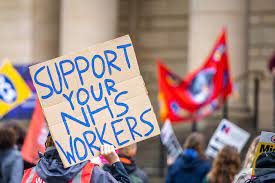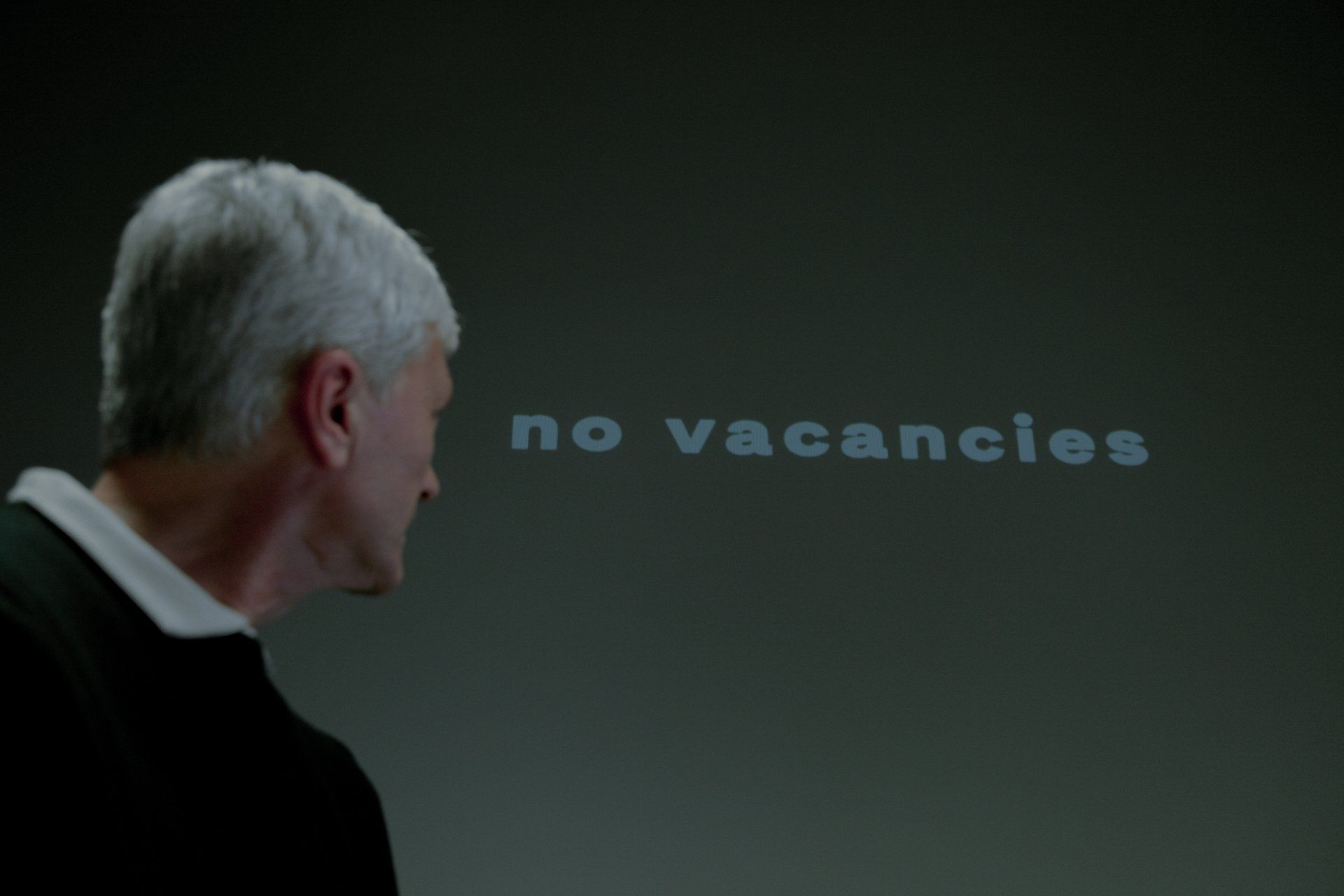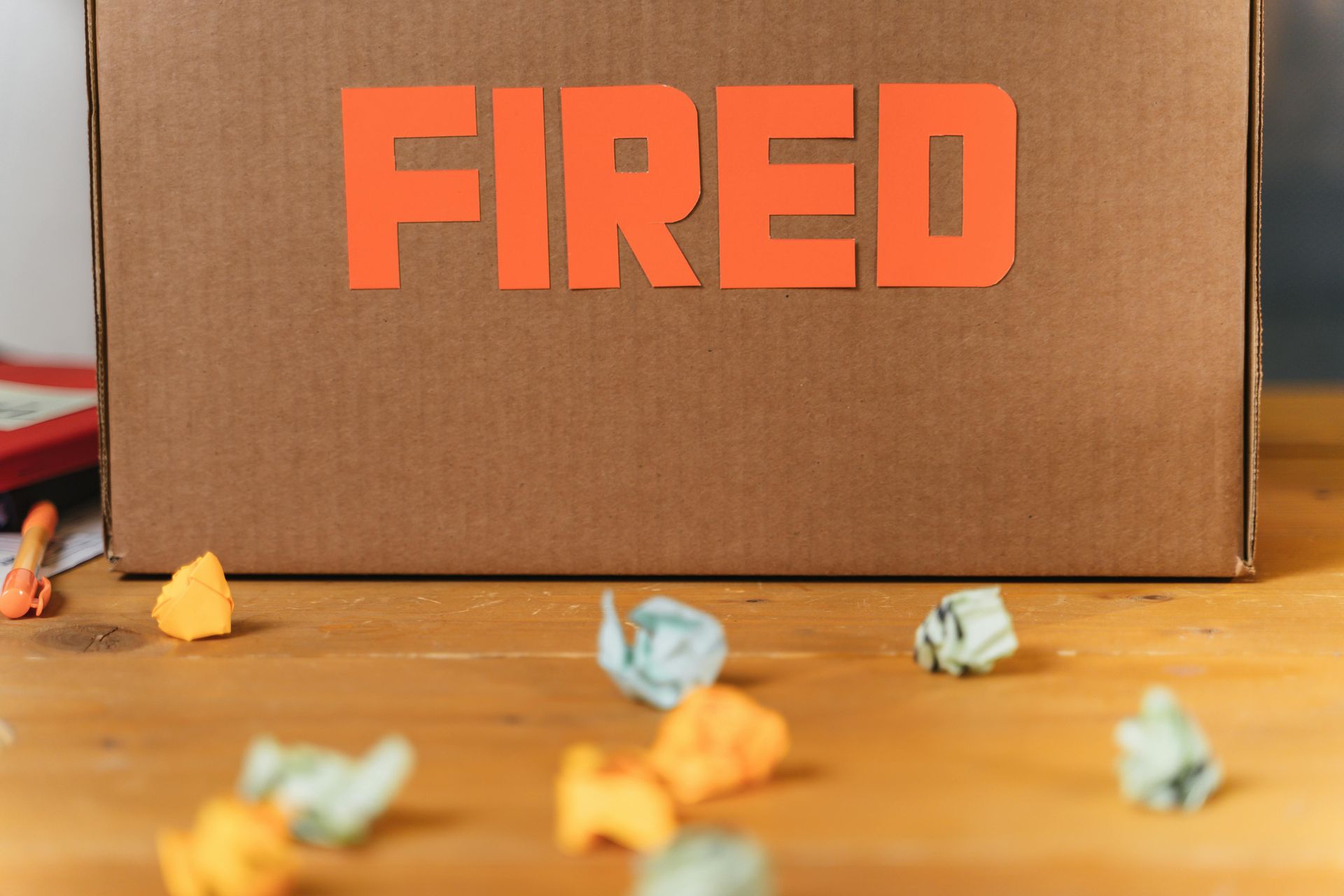NHS Strike Action
Strike Action - what's going on?
Trade unions are representing NHS staff are in a dispute with the government over the 2022/23 pay award.
NHS England has stated that the service is facing record demand on urgent and emergency care services with the months of October and November being the busiest on record for A&E attendances and the most serious ambulance callouts.
As a consequence, and for the first time in history, nurses and ambulance staff have gone on strike, represented by Trade Unions, regarding a dispute over wages.
Royal College of Nurses (RCN) is calling for a 19% pay rise. The government says this is unaffordable.

What’s a Trade Union?
A Trade Union represents workers regarding employment disputes.
Individual workers join trade unions as members to negotiate on their behalf with employers with the aim of getting better pay or working conditions.
A union might ask its members if they want to strike, through a ballot, if union leaders feel the employer is not offering as much as they should.
Unions can also act on behalf of a worker who is facing disciplinary action from their employer.
When can a strike lawfully take place?
A strike can only take place legally when a majority of trade unions members in a place of work agree to the action through a formal vote, or ballot.
If less than half of a union's members vote in strike action, then the strike is not legal. Members must vote on a piece of paper and return their ballot in a prepaid envelope.
Trade unions have balloted their NHS members to take part in strike action. Members of the Royal College of Nursing (RCN) are striking on 18 and 19 January 2023, members of the GMB and UNISON (ambulance staff) are striking on 11 January 2023 and members of UNISON (ambulance staff) are striking on 23 January 2023.
Can anyone go on strike?
No.
The police, the armed forces and prison officers cannot go on strike.
Police officers are currently banned from taking strike action under the Police Act 1996. They do not have the employment rights enjoyed by other workers because of the nature of the job they do on behalf of the public. Prison officers are banned from striking under the Criminal Justice and Public Order Act 1994.
Workers who are not a member of a trade union are allowed to strike, alongside union members, provided that the strike is legal.
Do strikers still get paid by their employers?
Not usually.
Employers are under no obligation to pay those who have chosen to go on strike on a day when they would normally be required to work.
Absence from work due to strike action for one or more complete days does not count in any way for pension purposes. The pension you accrue in a year where you have taken strike action will be reduced by the amount of pension lost due to the strike action.
Do Trade Unions pay strikers?
Sometimes.
Depending on funds, some Trade Unions pay striking workers a proportion of their wages to assist with losses incurred as a result of their wages being deduced by their employees for going on strike. For example, Unison pays £50 per day strike pay to members taking strike action who face financial difficulty.
Can the NHS strike action be resolved?
The government says it has followed the recommendation of the independent NHS Pay Review Body, which said in July NHS staff should receive the £1,400 increase, with slightly more for the most experienced nurses.
The RCN has criticised this body for not being independent enough. It is made up mainly of economists and human resources professionals.
Welsh ministers said they were unable to enter pay talks without extra funding from the UK government. In Scotland, the RCN's strike action was "paused" after ministers made a fresh offer worth just over £2,200, or 7.5%, a year for most NHS staff. Nurses have been asked to vote on that deal, with results due next week.
Sources:
Chief nurse calls for strike resolution after day of action - BBC News
NHS strikes: Why are nurses and ambulance staff taking industrial action? - BBC News
Strike action FAQs | Royal College of Nursing (rcn.org.uk)
NHS England » Information for the public on industrial action










